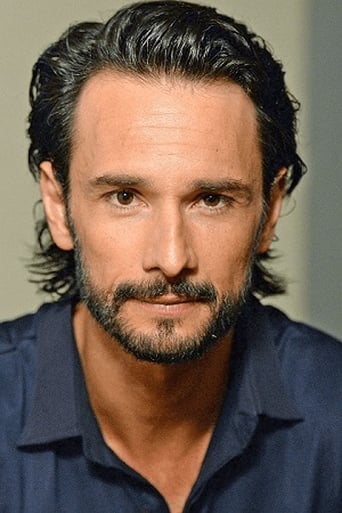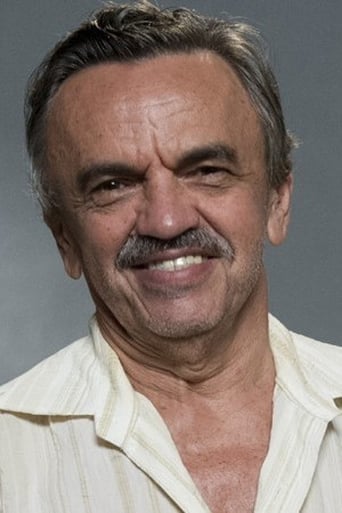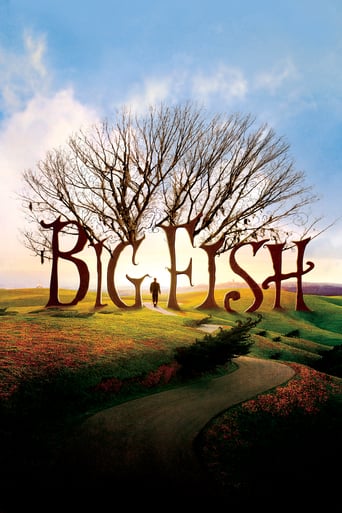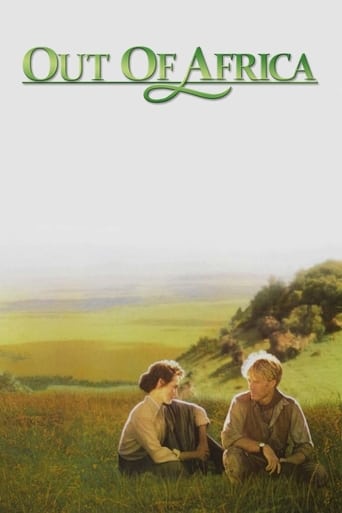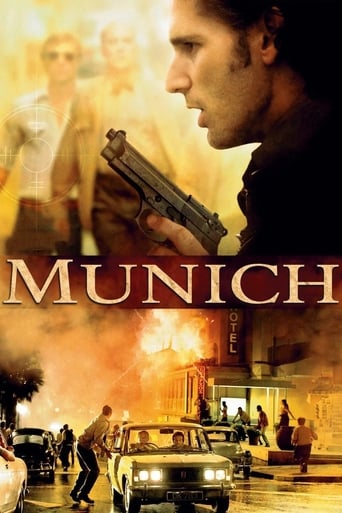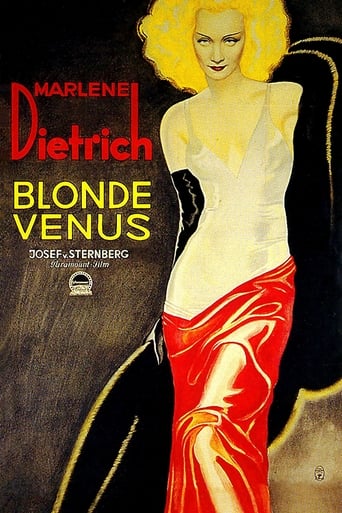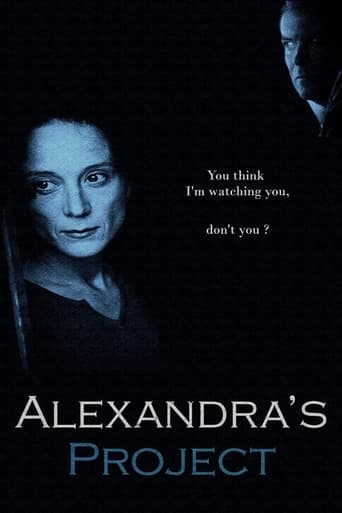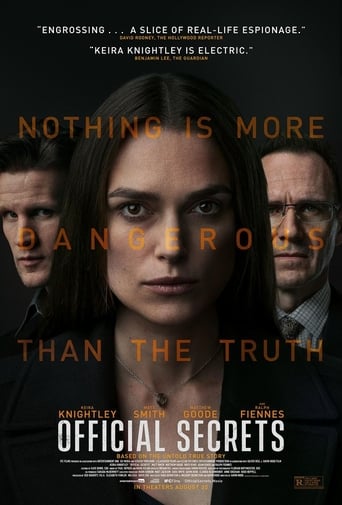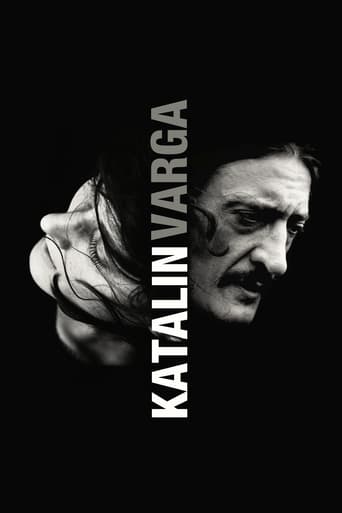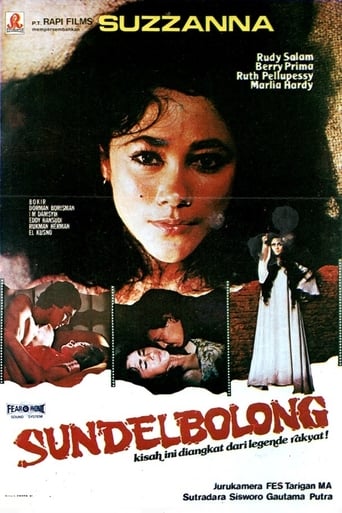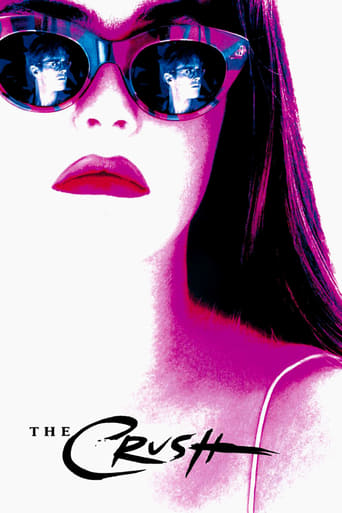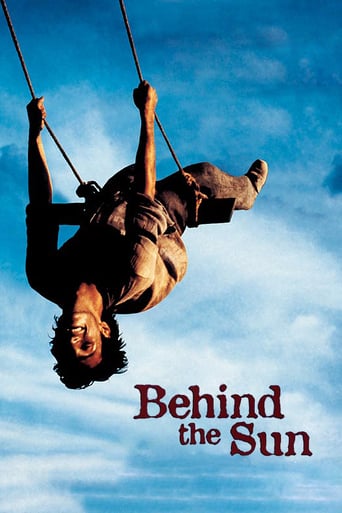
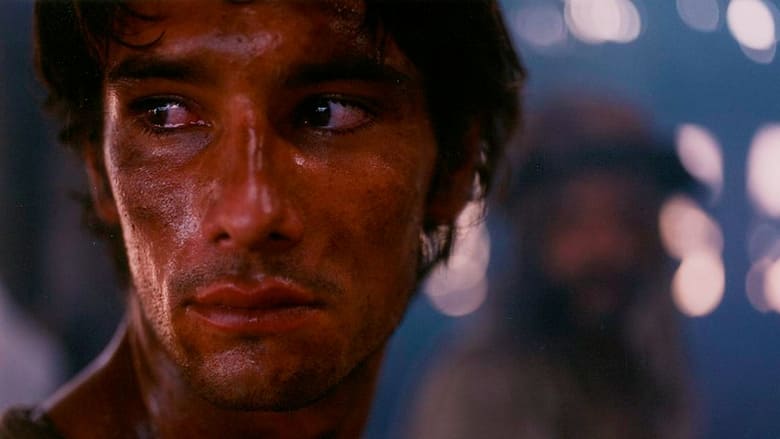
Behind the Sun (2001)
Brazilian badlands, April 1910. Tonho is ordered by his father to avenge the death of his older brother. The young man knows that if he commits this crime, his life will be divided in two: the twenty years he has already lived and the few days he has left to live, before the other family avenges their son's death. He is torn between fulfilling his ancestral duty and rebelling against it, urged by his younger brother Pacu. That's when a tiny travelling circus passes through the vast badlands where Tonho's family lives.
Watch Trailer
Cast


Similar titles
Reviews
a short story by a great Albanian writer. a precise script. and the film. as a slice of poem. it is so beauty as seed and flowers of this movie. the unique scenes. the performance of actors. the duty and revenge with Mediteranean flavor. the fiction, magic and reality as parts of same piece. the music, the looks, the sadness and the wind of joy. it is difficult to say - must see it ! because only applause is profound silence. a fragile vigorous film. about duty and freedom. about necessary sacrifice. and the last image as page of extraordinary gift. its basic virtue - it is a honest film. like a flavor from spring. like smoke of leaves in autumn evening. like frame of an adventure. in which every viewer becomes character.
The original movie's title is "Torn/Blown/Smashed April", and I have no idea, why it was translated into English (and into Russian, by the way, too) the way it was.Few know that the movie is based on a novel of an Albanian author Ismail Kadare with the same title. I don't know how typical vendetta problem is for Brasil, so, I would rather watch something Albanian on that issue (Albania is world's vendetta capital). But I would say the movie is not rather about the problem (the script is quite sketchy), but a poem about sertão - a magnificent desert-type land west of Pernambuco coastline, which has been attracting many Brazilian movie-makers. That was the destination for Salles previous film's characters' trip ("Central do Brasil"), and that was the ambiance for Brazil's cult classics "Vidas secas". Directing, shooting and cutting are out of this world. The nerve-scratching score is written by the incredible trio of Ed Cortes, Antonio Pinto and Beto Villares. The first two in a couple of years would knock the world out with their unforgettable music for "Ciudad de Deus", while Villares would do the same for "O ano em que meus pais sairam de ferias". The film catapulted Rodrigo Santoro onto the star orbit, although I liked even more the acting of Ravi Ramos Lacerda, another Salles' prodigy after Vinicius de Oliveira in "Central do Brasil".
'Behind The Sun' finds itself rather lost in its' own imagery -- albeit very lovely imagery. It is undeniable that the film is beautifully shot but I think that the story, at times, is left a little blank. It left me wanting a lot filled in... I was burning with questions that essentially were left unanswered.Sometimes that is an artistic way of presenting a film but in this case it was just annoying. I think the director was trying to communicate much of the story without words but was not doing that excellent of a job of it.However, the acting is outstanding and the dialogue is impressive. They're the backbone of the film.The setting felt limited and at times stuffy... But by and large, the beautiful cinematography and the quality dialogue made up for the lack of the rest. Worth a watch.
This movie starts with a blood-stained shirt hanging under a strong wind. We will learn, later on, that it belongs to the eldest son of a small rural farmer (the Breves) in the drought-plagued, sun-drenched, desperately poor Northeast region of Brazil. He was killed in an ambush by a member of another family, the Ferreiras, starting a feud (which in the past -- the year is 1910 -- was very common in this region and could last for decades). Vengeance is required by the rough peasant's honor system, but a truce period is dictated by the slow yellowing of the blood stains under the sun.One of the things that are extraordinary in this gorgeous movie is the way we learn all this. The slow tempo of images, their rough poetic beauty, with an eerie musical background, tells everything we must know without words, but with skillful dramatic suspense. A lot of symbolism is also present: for instance, the sugarcane mill operated by the Breves family is powered by a pair of bulls walking endlessly around. The family patriarch is behind them all the time, forcing with a whip and shouts their round about. The oxen are so used to it that when the yoke is removed at the end of the day, they continue marching by their own around the mill! So, this is an apt metaphor for the routine, yoked, forced existence of the family under the weight of the father's authority and of tradition, an existence they see as a kind of inescapable karma.The remaining eldest son of the Breves (played superbly by Rodrigo Santoro) must now exact revenge on his dead brother. There is no way out, so, reluctantly, he does just that and kills the eldest son of the Ferreira family in a dramatic sequence, one of the best filmed I ever saw. He knows now that he will have a truce, too, until the bloodied shirt of his enemy yellows. His life is now divided into two, as the blind patriarch of the Ferreira clan tells him: the 20 years he has lived so far, and a week or so he still has to live, because death will surely come and he cannot dishonor his family by running away. The mutual killing cycle will so be like their bleak lives and the oxen's. It will be like two serpents eating each other tails until nothing remains, just a pool of blood (another touching metaphor described by one the characters). He has never known love, and will never know. April, the month when all this happened, was torn up (the meaning of the title in Portuguese, which was disgracefully altered in the English title).The film's ambiance alternates between blinding sun and the dried up "caatinga" (the semi-arid plains typical of this region) and the darkness of the night, lighted only by primitive oil lamps and candles. Night always bring respite and rest, to the oxen as well as to the humans, but it also brings fear. The eldest son wants to escape from this life, to interrupt the oppressing lifestyle, to revolt against the symbol of all this, his father, and to stop the revenge cycle. He doesn't know how, but the sudden appearance of a two-person circus in the village changes everything. The metaphor is now apparent: a beautiful girl shows him that love is possible, that a new life elsewhere is possible, that there are many other things beyond his narrow horizon of poor peasant. His young brother gets a book as a gift from the girl and this opens up marvelous, fascinating storytelling and daydreaming, of constructing a new reality where the boy is hero and is desired, with a plot he can change at his will. Both brothers see a light at the end of the tunnel, a dark passage to a brighter day.The movie paces up now to a climax that everybody is able to feel, the characters as well as the audience. The assassin is coming for him, the shirt stains have finally yellowed. Night falls and he meets for the first time his love. Heavy rain starts, a new metaphor, because it is so rare and so unexpected. Will this mean that there will be a way out for him, a meeting of a new life and world, a blossoming of life like the one is brought by rain in this parched land? How can he escape without dishonor to his family, without having to kill again?The answer is at the same time simple and fully symbolic, too. I will not spoil the surprise, but I must say that is absolutely impressive and emotion-laden. When you see the film, you will understand the solution to this impasse, painful for some, liberating to others.This is another triumph for young director Salles and his team, one of the best of the new breed of Brazilian cinema directors. His previous international success, "Central do Brasil" was excellent, too, and very properly incensed by critics and public alike. "Motorcycle Diaries" is also another movie by him, very well received. But "Abril Despedaçado" belongs to the rare category of a true masterpiece.


